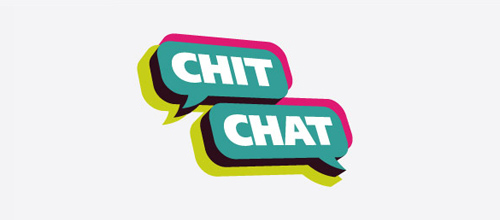The why and how of making friends at work
Making friends at work may not make or break your career, but it can drastically affect how you feel about your job. Around a quarter (24 percent) of office professionals polled in a recent OfficeTeam survey say that, paycheck aside, friendly co-workers are the No. 1 reason to be thankful for their current jobs.
Feeling a connection with colleagues can lead to more than just small talk around the water cooler. According to the 2013 State of Friendship report from Lifeboat, an organization that explores "the uncharted art and science of friendships," more than 1 in 3 adults met at least one of their closest friends at work. What's more, camaraderie in the workplace has clear career benefits:
- Office friendships can boost productivity and passion for your job, as well as longevity with a company, according to a 2013 Gallup report.
- Friends encourage each other and help reduce the risk of burnout.
- Managers often view workers who get along well with their colleagues in a positive light.
Wondering how to make friends at work or strengthen existing friendships? The following tips may help:

1. More than work or chitchat. Most workplace conversations are about the projects you're working on. While those go beyond small talk, such exchanges can't really take you from acquaintances to friends. When appropriate, get to know colleagues on a deeper level by asking about family, interests and other nonwork topics, which helps you form more meaningful connections.
2. Offer to help. We've all had days when we feel overwhelmed, and the mere offer of a helping hand would have been warmly welcome. Ask a stressed colleague if there's anything you can do to lighten his load. Your kindness and assistance will go a long way toward building lasting friendships.
3. Meet outside of work. During the workday is not the time for long personal conversations. Instead, hang out during coffee breaks, go for lunch, commute or carpool together, or include colleagues in evening and weekend plans. This is a great way to get to know each other in a new light.

Red flags of friendship
As important as it is to make friends at the office, there's a flip side. Here are three signs to watch out for in others -- and in yourself.
1. Frenemies. These are rivals you're on cordial terms with outwardly, but who have no compunction about stabbing you in the back if they think it will make them look good. Giveaway signs include office mates who blow hot and cold and exhibit passive-aggressive behavior, like "forgetting" to invite you to outings. Steer clear of colleagues who are fiercely competitive and clearly disgruntled when others succeed.
2. Gossipers. Talking to -- or being -- a busybody not only hinders productivity, but gossiping can also hurt your career advancement. Yet multiple studies and books, including "The Virtue of Our Vices," find that sharing juicy news with a select few is a good way to deepen group relationships. Two things to keep in mind: Never be malicious, and know whom you can trust with confidential information.
3. Too friendly. If certain colleagues want to take friendships to the next level and the desire's not mutual, don't feel forced to meet up outside the workplace; just kindly decline. On the other hand, don't show favoritism by forming cliques and purposefully excluding some people from work or social activities. It's a workplace, not junior high.
Knowing how to make friends at work can boost happiness, increase job satisfaction and give your work a sense of purpose. Relationships established at the office often continue after one or both friends leave their jobs. But knowing who the toxic "friends" are and how to deal with them is equally important. Keep your eyes open and your priorities fixed, and you can enjoy the best of both worlds: rewarding friendships and a fulfilling career.
(Picture Source: Internet)
HRVietnam - Collected

